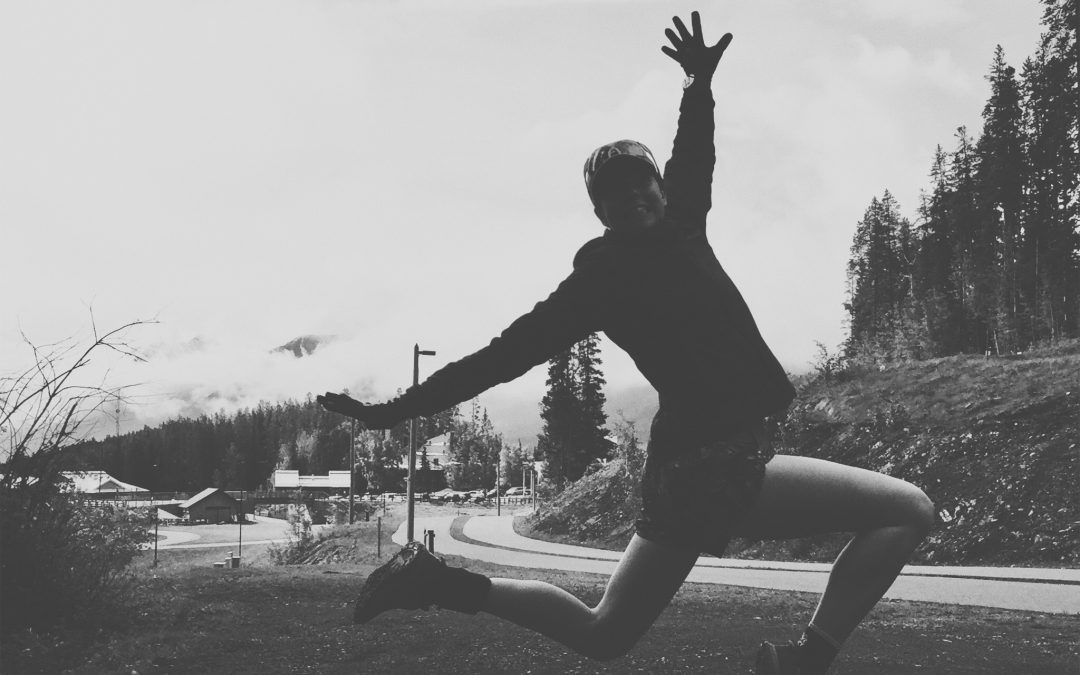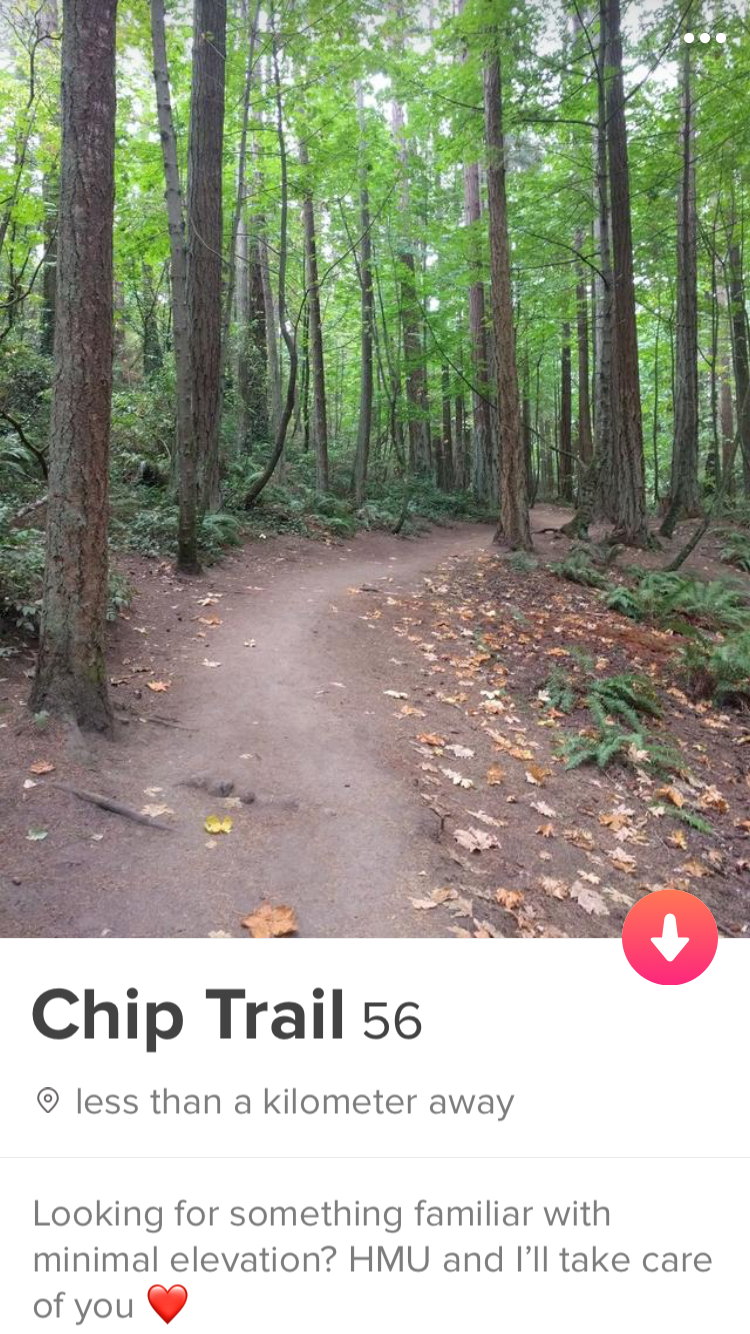Finding the motivation to lace up my runners and drag myself out of the house to go run in the middle of winter with the Triathlon Club at UVic can be difficult. Especially in January, when the sun sets long before we even begin the warm-up. And yet, I keep going. I recently came to the realization that I was running to maintain my mental well-being just as much as I was running to maintain my physical well-being. As painful as the workouts are, they serve as a distraction from the stress of school. I only have enough energy to focus on finishing the set, and I can’t expend that precious energy by worrying about the next assignment, the next midterm, the next paper. I noticed that all of the anxieties that clung to my mind seemed to melt away whenever I ran. I needed to run. For me, it’s become a necessary part of maintaining a good headspace.
Now, don’t get me wrong—I’m not a particularly talented runner. I’ve been running for a few years and I can maintain a good pace, but within the running world I’m fairly mediocre. And that doesn’t bother me because I can see the tangible improvements I’ve made since I started running. My pace times are getting quicker, my endurance is improving, and I’m slowly fixing the dinosaur claw that my right hand mysteriously morphs into whenever I run.
I recently read an article that discussed the positive benefits of exercising to reduce anxiety and depression. The article suggests, based on substantial research, that “regular physical activity can significantly improve mental health and lessen symptoms of depression, anxiety, and stress.” They proceed to explain the science behind why exercise can improve mental health, but what I found particularly interesting was the “distraction hypothesis.” The distraction hypothesis posits that the “mental time-out” of exercising is the source of the mood elevation that people feel after exercising—similar to the “runner’s high” that a runner might experience. It makes perfect sense: distracting ourselves from negative thoughts through exercise might actually help improve our mental health.
I do recognize how intimidating it can be to try something new, especially something as physically exhausting as running. So, I curated a list of some of my favourite runs and included the pros and cons of each route to help make it easier. Prepare to swipe right!
Chip Trail (4.5 km)
Pros:
- Located on campus!
- A nice loop, rather than an out-and-back
- Minimal elevation, fairly flat
- Experience the pretty scenery of Mystic Vale
Cons:
- A severe lack of ocean views
Cedar Hill Golf Course (5 km)
Pros:
- Great views of the golf course from the top of the trail
- Another great loop
- Plenty of cute dogs to distract from the hills
Cons:
- Hills—it’s definitely an up-and-down loop
- Off-campus, but close to bus stops!
Mount Doug/PKOLS (0-100km)
Pros:
- Gorgeous forest scenery
- Plenty of cute dogs
- Excellent ocean views
- The dense forest drowns out any sound of the road!
- Easy access to the beach
Cons:
- Can be fairly muddy after rain/snow, don’t be afraid to get your runners wet!
- Also plenty of hills, hence the “Mount” in “Mount Doug”
- Requires a good sense of direction, or a map
Fun fact – the Mount Doug profile actually got two matches on Tinder.
Beach Drive (0-20km)
Pros:
- Beautiful neighbourhoods
- Ocean views
- Pavement for those wary of uneven trail running
- Easy to navigate
- Close to campus
- Cafes along the way (Starbucks in Cadboro Bay, Oak Bay Marina Eatery)
Cons:
- An out-and-back route
- Not particularly sheltered, exposed to wind
I hope this helps expand your list of anxiety-reducing strategies, and who knows… you may even find yourself a match!
Cheers,
Xaviere
Sources
Mikkelsen, K., et al. “Exercise and Mental Health.” Maturitas 106 (2017): 48-56.
The views expressed in this blog are my own, and do not necessarily reflect the policies or views of the University of Victoria. I monitor posts and comments to ensure all content complies with the University of Victoria Guidelines on Blogging.





This is a very meaningful post for me. Thank you.
Yoga Poses To Get Relief From Menstrual